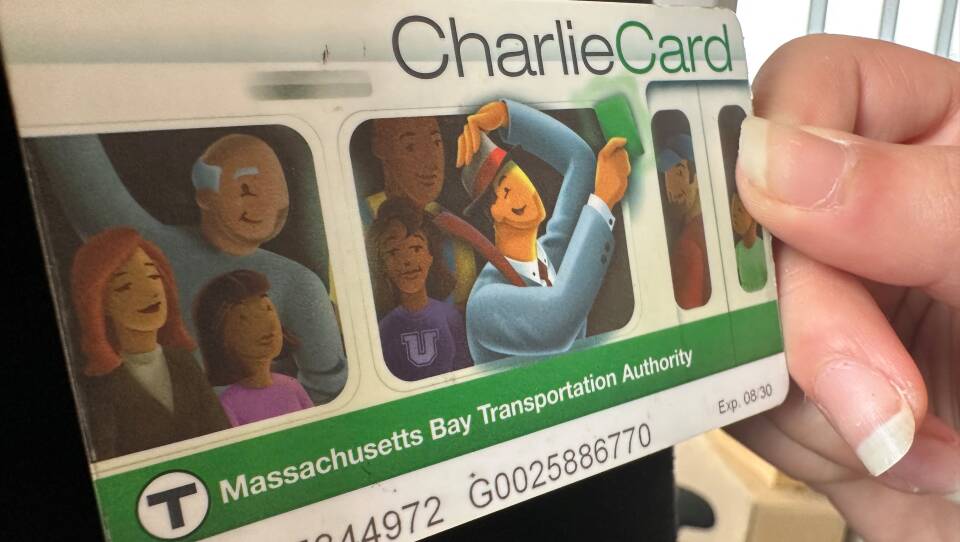On the same day the MBTA board unanimously approved a new fare policy that will give a 50% discount to low-income riders, Brian Kane, chair of the MBTA advisory board, said the real headline from that meeting was that the T’s operating deficit is expected to soar above $600 million in fiscal year 2026.
So, the casual observer might ask: Why is the T cutting fare revenue while staring at a large deficit in the not too distant future?
Tom Glynn, who chairs the T’s board of directors, said the transit agency will begin by using existing funds from the fiscal year 2024 budget to develop the project while Gov. Maura Healey’s fiscal year 2025 budget — which includes $45 million to cover the revenue gap in the first year of the program — is pending in the Legislature. But Glynn is hopeful.
“We're very optimistic because we've gotten good signals from the Legislature,” he said.
Kane admits his advisory board supported the low-income fare.
“We did, however, note that there's no funding available for it currently. There's no funding available for next year or the year after,” he said. “And we asked the board to take a hard look and seriously consider the wisdom of adding expenses at a time when we’re facing massive deficits.”
Kane says four years ago when the T faced a much smaller deficit of $124 million there were massive service cuts proposed. Only the COVID-19 pandemic and the arrival of federal relief funds helped avert that crisis. But he said the agency can't rely on relief now.
“There is no amount of service cuts that we can make to come up with $628 million and still maintain any semblance of a public transportation system,” he said. “Fare increases have basically been ruled out already. So, it's going to have to fall on the taxpayers of the commonwealth.”
The larger issue of how the T will cope with its future expenses will be up to Healey’s Transportation Funding Task Force, which is comprised of more than 30 local and state officials, business leaders and transit advocates. They are expected to come up with a plan for long-term financing for the T by the end of the year. Then it will be up to the Legislature to decide how the needed additional funds will be raised, choosing from a variety of taxes, tolls and fees. Glynn says “everything is on the table.”





